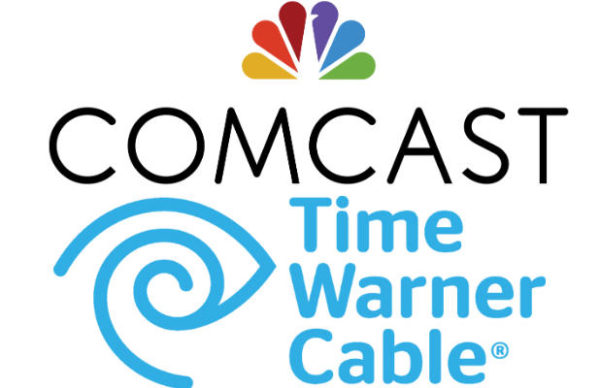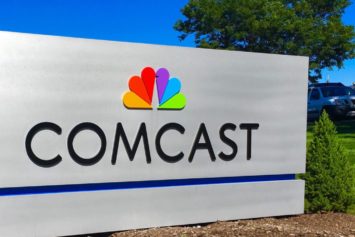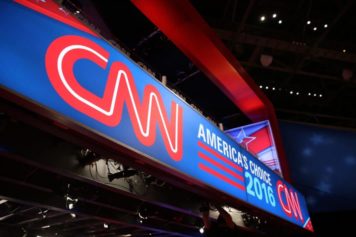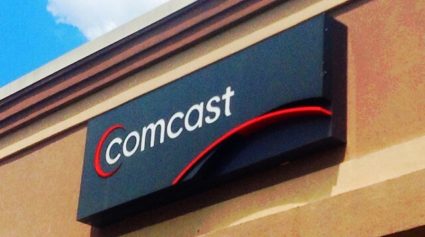
But with the prospect of a combined Comcast and Time Warner on the horizon, the question turns to what a merger would actually mean — both for consumers and the industry at large. If the move is approved by federal regulators, it could cement the kind of monolithic monopolies that have plagued cable subscribers all along, raising concerns over net neutrality and competition in the marketplace.
It would turn the behemoth into a titan, expanding Comcast’s reach and power in unprecedented ways. Tie in the fact that Comcast also owns NBCUniversal — which means it has a movie studio as well as broadcast and cable networks of its own — and you’re looking at a vertically integrated media juggernaut. One that wouldn’t just be in control of our televisions, but would be ready to steer the direction of any future online services as well.
Realistically, there’s no way to avoid it: approving Comcast’s purchase of Time Warner Cable would essentially rip away the already perishingly tiny hope of new competition ever emerging in the cable landscape, taking what’s been a constant frustration for consumers and cementing it into a permanent state of affairs.
While the deal would turn cable into a competition dead zone, there’s actually a chance an even more monolithic Comcast could offer some benefits to customers. As broadband speeds have taken off and customers have seen the internet as a viable delivery mechanism for media, there’s been a growing cry for over-the-top video and enhanced integration with our current crop of devices. We’ve seen it succeed in dribs and drabs — HBO Go on the Apple TV here, some light Xfinity integration with the Xbox there — but there hasn’t been a true, all-encompassing solution. The bitter, brutal world of content negotiation has prevented it from moving faster.
Of course, the odds are just as high that we’ll see the debilitating effects of a media conglomerate run amok, mercilessly crushing any sense of fairness and competition. But one thing’s for certain: In the end, it’s going to be all about the money.
Read the full story at theverge.com


